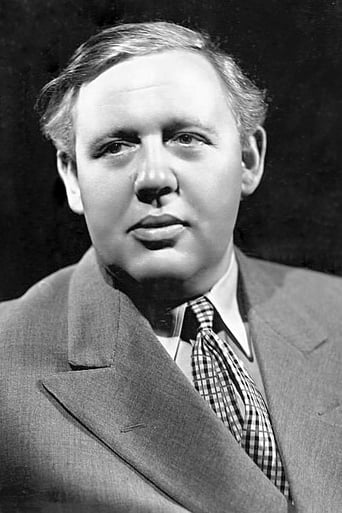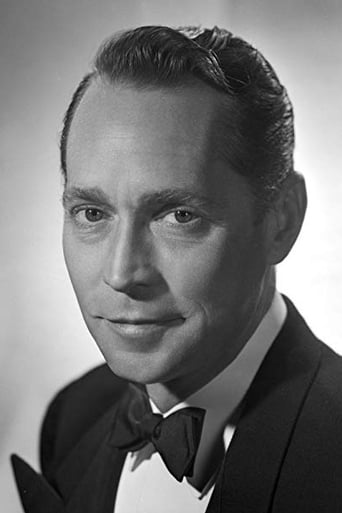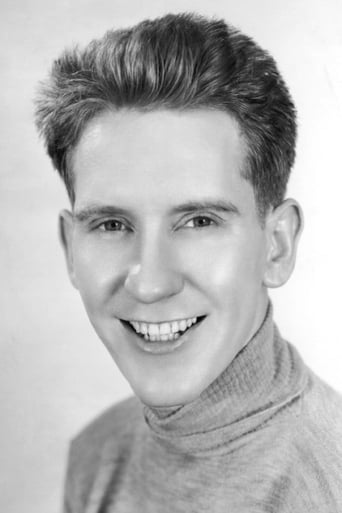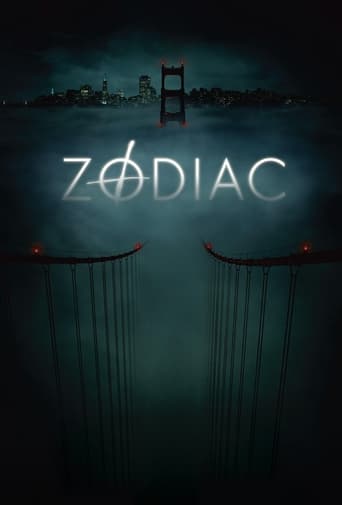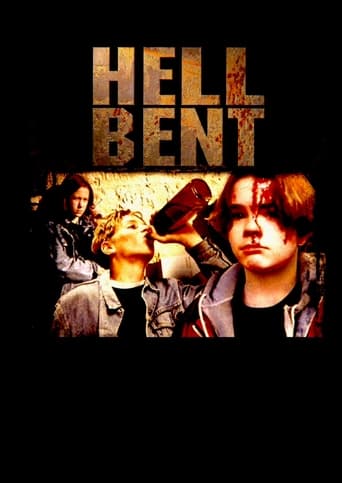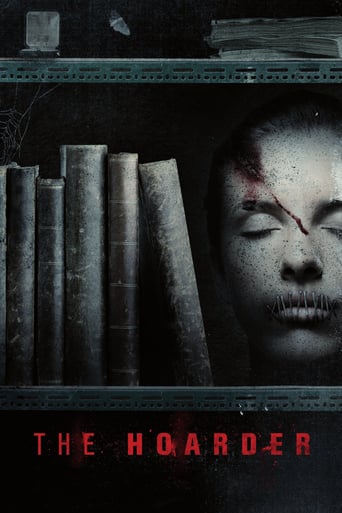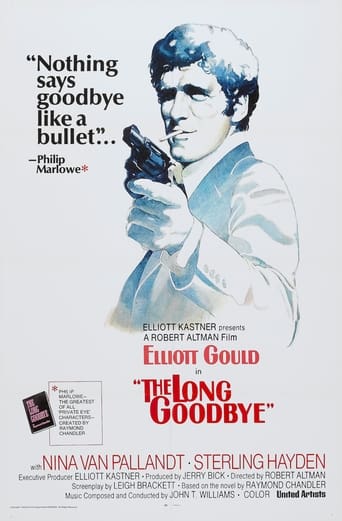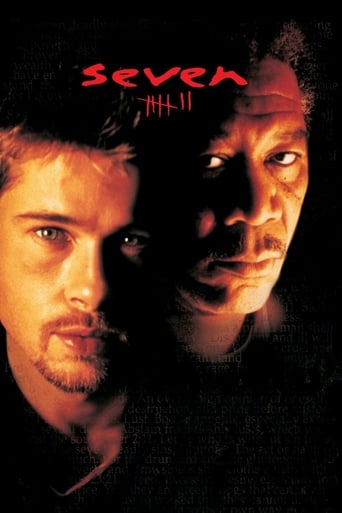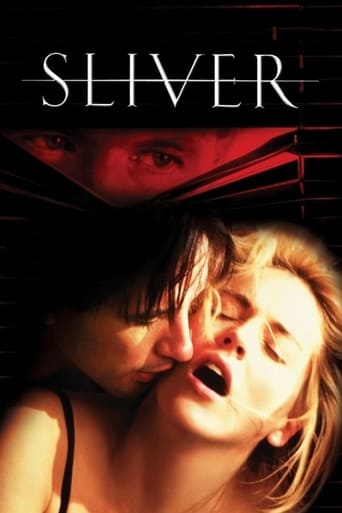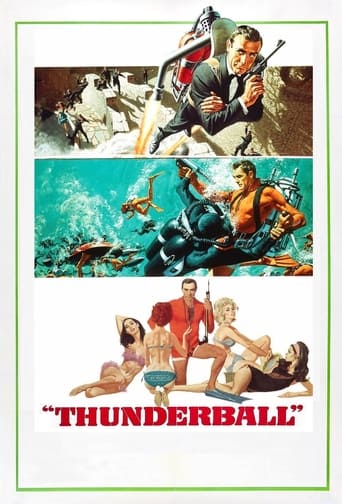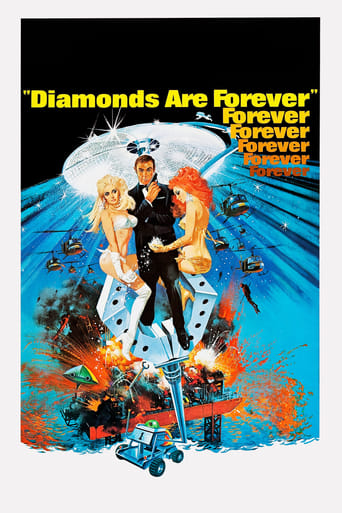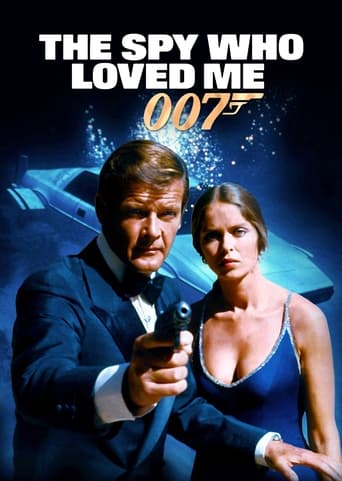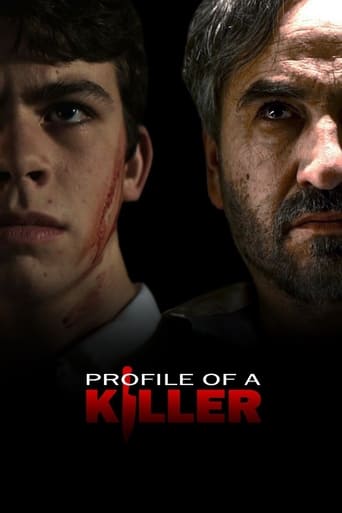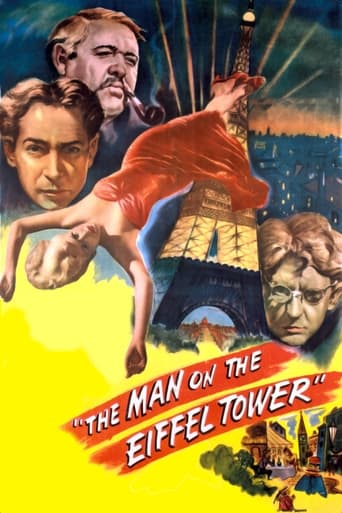
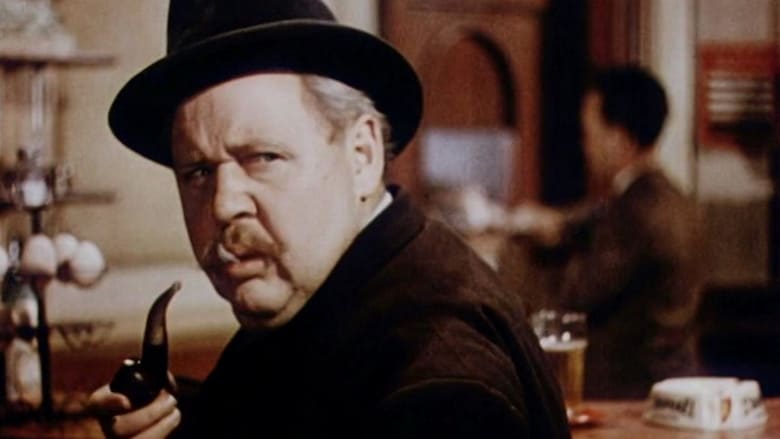
The Man on the Eiffel Tower (1949)
A down-and-out student is hired to kill a wealthy woman. When someone else is suspected of the crime, the student taunts police until they realize that they may have to wrong man.
Watch Trailer
Cast


Similar titles
Reviews
When poor Robert Hutton gets pressure from his mistress Jean Wallace, he's desperate to gain a fortune. He has a rich aunt, and through a chance meeting in a café, he hires psychopathic criminal Franchot Tone to murder her in hopes of getting an early inheritance. Burgess Meredith gets framed for the crime, but with detective Charles Laughton on the case, will he find the real killer in time?The Man on the Eiffel Tower isn't a very suspenseful movie, because we know who the killer is right away. During the murder scene, we see the murderer from the neck down, but since Franchot Tone has a very distinctive voice, it's not a mystery! I'm not spoiling anything, by the way; his identity gets revealed very shortly afterwards. I have a soft spot in my heart for Franchot, so in his scenes when he's supposed to be a madman, I kept hoping he'd snap out of it and return to his delightful persona I was used to from his Jean Harlow movies. The only real reason to watch this movie is if you are a total Francophile and adore watching movies that were filmed in Paris. The city is highlighted and shown at every angle, even-as you might guess-from the top of the Eiffel Tower.
I think many reviews mistakenly treat the film as a complex who-done-it with the plot details confusingly handled and thoroughly patronise director Burgess Meredith without understanding the films true intention. The film is something quite different and perhaps unique.Franchot Tone (Radek)is really excellent as the manic ego-maniac murderer and here's the different and intriguing part - he doesn't try to keep a low profile and evade the investigating policeman, Maigret (Laughton also superb) but instead turns to continually hound him, dog his footsteps, is constantly at his side talking, discussing the case provoking and challenging him. Maigret must live with this intolerable situation in the hope that Radek will betray himself and that he (Maigret) will not betray his own thoughts or the current state of the investigation. Such is the odd relationship that they start to discuss the case as if Radek is a fellow detective. Laughton must keep the game going, keep satisfying Radek's vanity whilst listening, reasoning and trying to trap him.It concludes with a superb chase with something much more - psychological exchanges between Radek and Maigret as to what and where the final moments will be and who will witness them. Radek's wish to in a way triumph, Maigret's humanity in his desire to save the innocent not glory in the death of the guilty but that justice should be done, that he properly acquits himself of his professional duty - to keep his superiors off his back.The story is not I think not a portrayal of reality but a fantasy. It's detective's nightmare of an adversary who is not elusive and secretive but obvious and ever-present, taunting him, boastfully out-thinking him. In real life no murderer taunts the detective to this excruciating degree in effect exposes himself to questioning. I think it is the nightmare of a harassed detective might have when faced with contradictory and insufficient evidence and the sense that the truth and the criminal are tauntingly close but never ever quite close enough.A shame about the colour (some parts appearing like sepia) but these days it is fairly easily improvable. The film is a classic - probably if it had been in black and white it might be seen as suchSeen thanks to Talking Pictures TV
Of course, Franchot Tone's character Johann Radek is a megalomaniac. How else do you explain his hanging around with Inspector Maigret (Charles Laughton) for the length of the film after he kills a wealthy American woman and then attempts to frame a street peddler (Burgess Meredith) for the crime. I didn't need this story to end to realize it wasn't making any sense. Riddle me this - why would Radek give the Inspector a hundred thousand francs? What was the point of that? Why did Huertin (Meredith) have to break a bottle over the head of Maigret's assistant, wasn't that just a bit of overkill? There was a scene where Radek entertains Maigret with his theory that a brave man would have the courage to commit suicide from a height atop the Eiffel Tower. Well there you have the setup for a melodramatic finale, but when push comes to shove, even that plot element fizzles. And where did Huertin summon up the courage to climb the Tower himself? He couldn't get out of his own way the entire picture and here he's scampering up there behind Radek, but to do what? What do you suppose he would have done if he had caught up with him?By the reaction of most other reviewers on this board I see I'm not alone. This might have had the seed of a good idea with it's early premise of a large inheritance intriguing enough to hatch a murder plot. But it just gets frittered away with the crime investigation led by Laughton's character. Even he seemed somewhat disappointing considering some of the more flamboyant roles I've seen him in. Maybe if this was a pirate movie.One interesting thing though. I had to wonder if Rod Serling might have seen this film at some time before coming up with his Twilight Zone story - 'Time Enough at Last'. It too features Burgess Meredith in the lead role as a bank employee who's rendered helpless at the end of the world by an unfortunate accident. There's no way to forget that ending once you've seen it, and you'll recognize it here as soon as it happens.
This is a really obtuse mystery film. I worried through the whole thing that Charles Laughton was going to pass out. The color is terrible (although I found it in a collection and didn't expect much). The story involves a plot to murder a woman, a frame-up, and a whole cast of characters who become involved in it. The murderer is pretty much known but Maigret (Laughton) must follow the whims of Franchot Tone as he plays with his mind. Laughton is patient and plays the game. Burgess Meredith, with blazing red hair, is the first living person victimized by the murderer and spends most of his time running away. His myopia is recreated in a "Twilight Zone" episode later, "Time Enough at Last." Where does everyone fit in? Are there really any good guys? I don't know. I do know it seemed like an eternity before the final dramatic scene (which is also a bit disappointing). It's interesting that the city of Paris is listed in the credits as one of the cast. Unfortunately, the color is so bad that this cast member really gets the short end of the stick.


